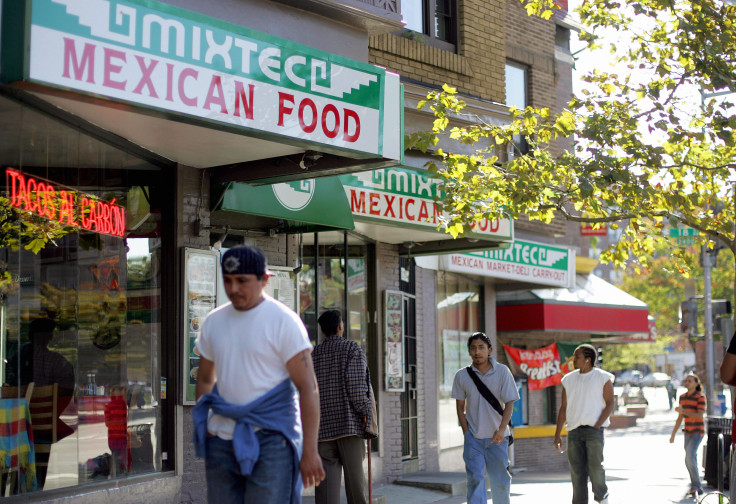
According to studies, 1 in 4 new employer businesses in the U.S. are accounted for by immigrants and Latinos are a huge part of that trend as Latino-owned businesses contribute $800 billion annually to the American economy.
Examples of Latinos thriving in entrepreneurship can be found all across the country, including recent examples in places like Texas and California. However, a new study by Biz2Credit, a company that provides financing and lending services to small businesses, has revealed that rising costs have put a dent on Latino-owned businesses in the U.S.
The study, which looked into small to midsized Latino-owned companies, found that while these businesses experienced significant revenue growth in 2023-24, the rise in expenses outpaced earnings, resulting in a decline in overall profitability.
According to findings, the average annual revenue increased by 11.6%, growing from $601,636 in 2022-23 to $671,360 in 2023-24, that number was not sufficient to keep pace with rising costs, as operating expenses for these businesses surged by 22.7%, leading to a substantial decrease in average earnings, down $41,100 from $113,268 to $72,168.
This situation mirrored trends in non-Latino-owned businesses, which also saw their revenues rise by 11.5%, from $667,204 to $744,027. However, non-Latino firms experienced an even larger drop in earnings, with a decline of $65,128 on average, from $159,365 to $94,237. Their operating expenses increased by 28%, a larger percentage increase than that of Latino-owned firms.
"Many factors combined, including increased labor costs, rising fuel prices, and overall inflation. High interest rates also pinched companies that borrowed money for working capital or expansion," said Rohit Arora, CEO of Biz2Credit , who oversaw the research. "The good news is that the growth rate of inflation has been easing a bit, and the Federal Reserve has lowered interest rates, thus bringing down the cost of capital."
Despite these pressures, Latino-owned businesses demonstrated resilience, outperforming non-Latino firms in terms of earnings decline, which dropped 36.3% compared to a 40.9% drop for non-Latino businesses.
In terms of funding, the study found that the average approved funding amount for Latino-owned businesses increased to $75,680 in 2023-24, up from $55,396 the previous year. However, this remained lower than the average for non-Latino-owned businesses, which secured an average of $92,342 in funding.
The percentage of financing applications submitted by Latino-owned businesses did, however, grow slightly from 14.8% to 15% of all applications.
The study also found that Latino-owned businesses are concentrated in specific sectors, with construction accounting for the largest industry category, followed by services, accommodation and food services, retail trade, and transportation. Geographically, nearly a quarter (24%) of funding requests from Latino-owned firms came from Florida, with California (19.4%) and Texas following closely behind.
© 2025 Latin Times. All rights reserved. Do not reproduce without permission.





